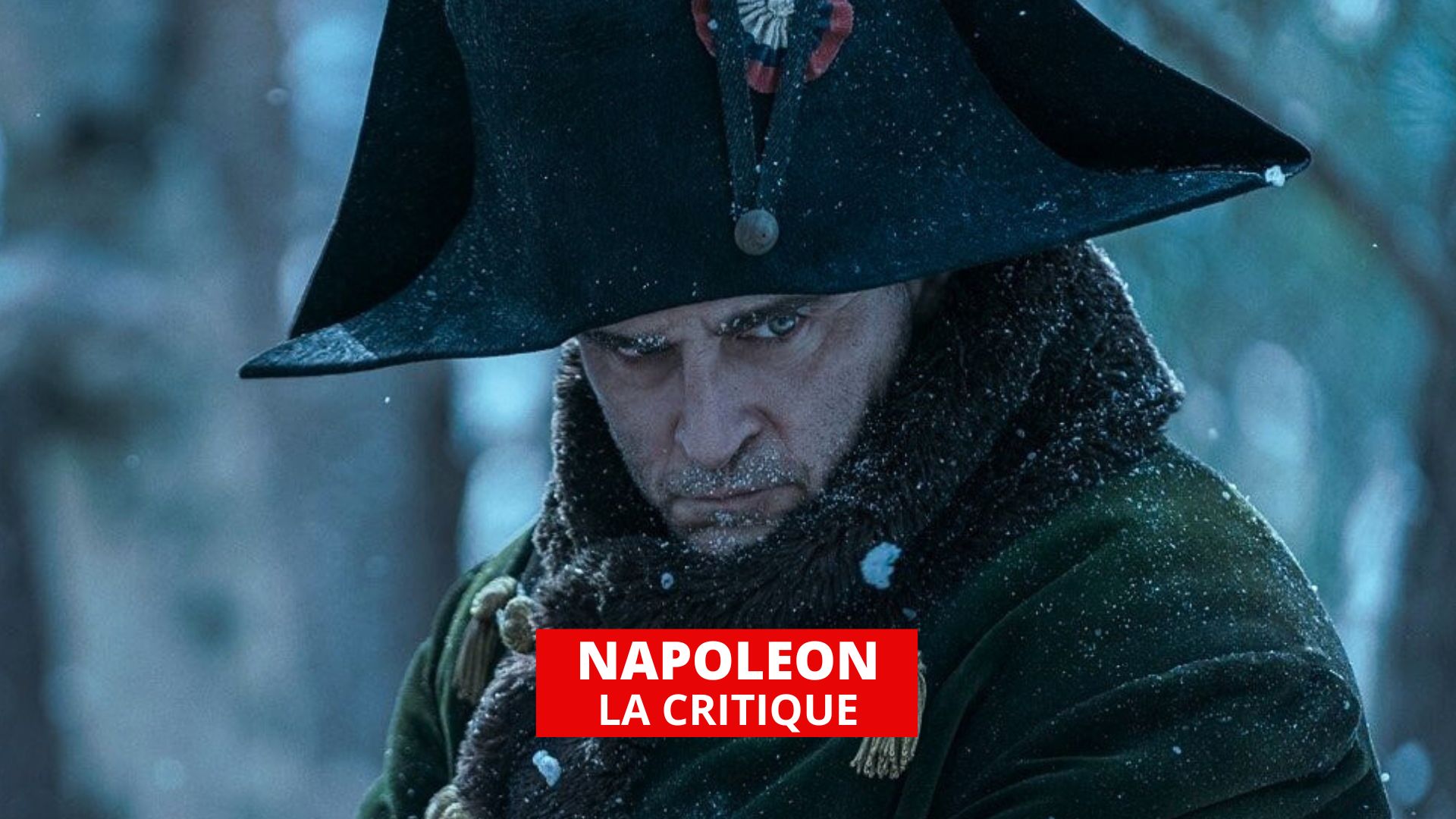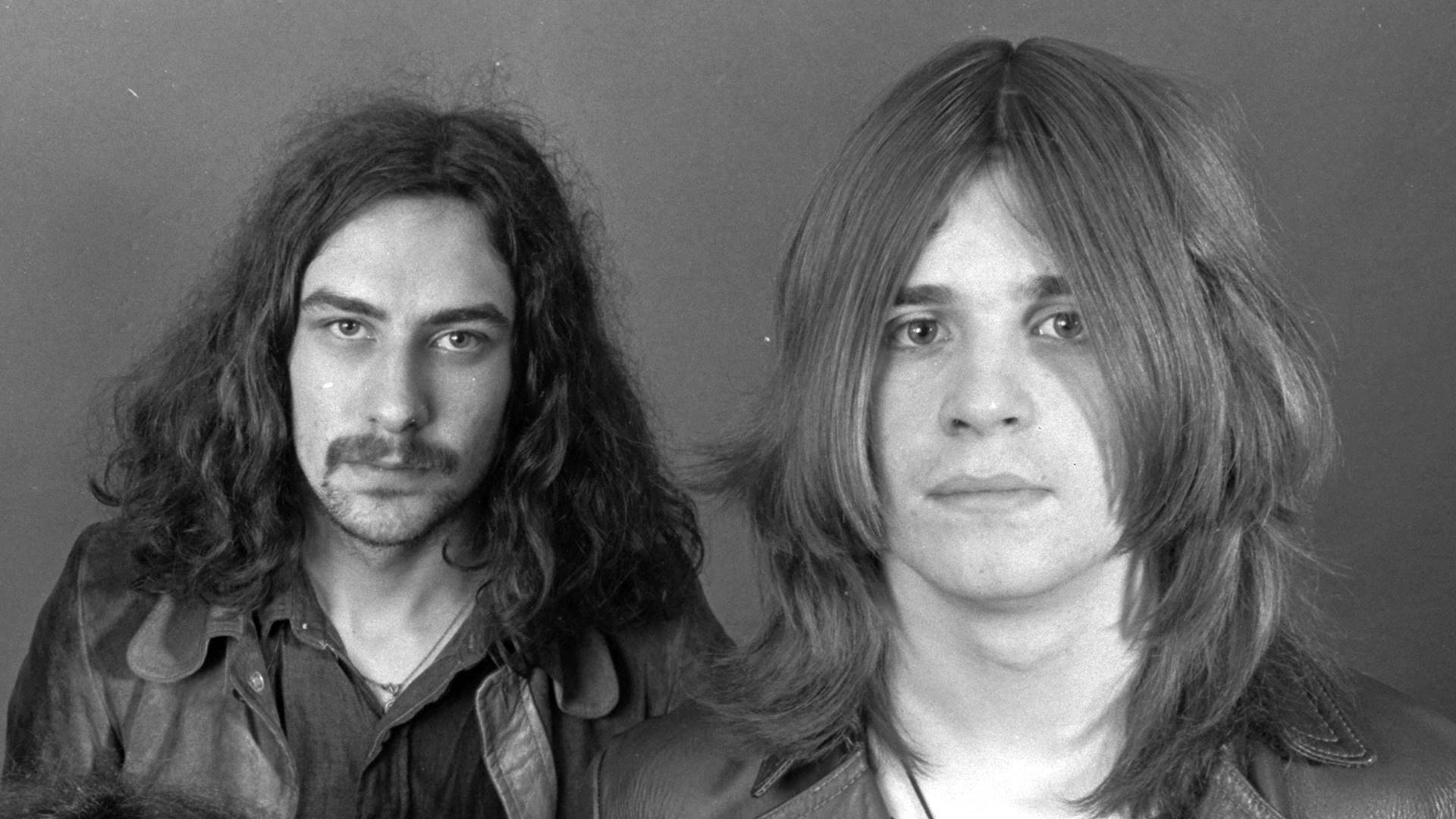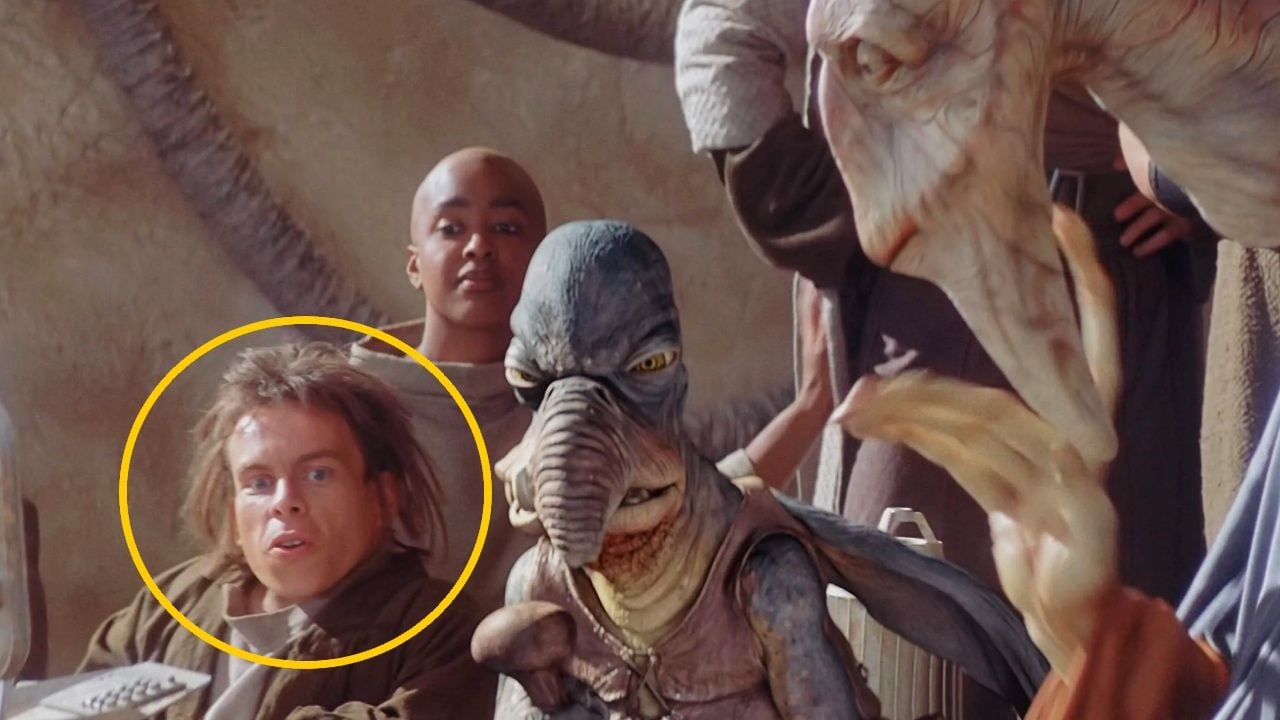Napoleon seen by Ridley Scott
Who else but Ridley Scott could, today, undertake a biopic about Napoleon (1769-1821) ? Who better than such a director can capture all the excesses of the character, his ambition and his complexity, translated into his greatest victories and defeats? If there was a time when Hollywood was not afraid to produce great epic works with impressive physical means, today this is much less true, with the exception of a handful of chosen ones (including Christopher Nolan).
But Ridley Scott, thanks to his efficiency behind the camera, can make use of hundreds of extras and horses, elaborate sets and costumes and a dozen cameras to put everything together in a minimum amount of time. The director of Gladiator (2000), Kingdom of Paradise (2005) or even The last duel (2021) knows how to do it and then move on Abel Gance’s phenomenal film (1927) Obviously it doesn’t scare him.

With Napoleonthe director certainly copes an emblematic figure in history (the emperor of the French, victorious at Austerlitz, defeated at Waterloo, among others), but does not forget to offer a cinematic show. This is precisely the whole point of seeing him at the head of such a project. Because if he shows himself faithful to history, following the stages of Bonaparte’s journey, he does not hesitate to draw on real facts (in particular reproductions of paintings that we notice at first glance) a presumed imaginary part and more of the order of myth.
Between myth and reality
Then there is nothing to say its gripping battle sequencesvisually impressive, without being too busy or jerky, and not trying so much to be attractive, but realistic (we’re closer to Last duel the one of Gladiator). Like a passage to Toulon, which ends with fireworks to sink the English ships, the explosion of which results in a white background, a harbinger of Napoleon’s madness and destructive streak. Just as the Battle of Austerlitz gives a glimpse of the brilliant tactician Napoleon could be, his cannon fire on the Parisian protestors reveals his ruthless pragmatism.
However, Ridley Scott remains on the surface of these military questions and the exceptional character of man on the battlefield. No doubt due to lack of time (a 4-hour montage will be available on Apple TV+). But also and above all because Bonaparte’s love life occupies an important part of the feature film. A marriage that was anything but happy Joséphine de Beauharnais (1763-1814)who testifies the paradoxical smallness of Napoleon. And this is where Ridley Scott’s approach proves relevant. The director certainly represents the greatness of the military leader, but without hiding his doubts, his humiliations (cuckolded by his wife), his problematic, tyrannical and not at all attractive character.

Just look at this scene in which, to test his ability to have a child, he shyly enters, on his mother’s orders, into the room of an 18-year-old girl who is wisely waiting for him to have sex. Ridley Scott’s choice to accelerate Napoleon’s coronation, to remove any sacred character from it, adds to the list of plans aimed at bringing the myth back to human height. Then it was necessary an actor of the caliber of Joaquin Phoenix to eliminate all these contradictions. And in front of him, Vanessa Kirby stands out in Joséphine, also a bearer of paradoxes. The paradoxes of a woman possessed by a man, who nevertheless fears being abandoned by him.
A film that has even more to offer
Even in this case, the relationship between Josephine and Bonaparte deserves to be explored in depth, since Ridley Scott does not hide its complexity. The qualities of the film are therefore numerous. But there’s something inside Ridley Scott’s Mechanics which seems to prevent him from completing the paths he suggests. With The last duel, the director had the clever idea of telling an event in three phases, from three different points of view. Here, below a (too) precise path and chronological, sometimes loses in emotional powersometimes in dramatic tension, and above all in rhythm.
The fault lies in an editing that sometimes appears too simplistic. Not in the execution of the scenes (the staging is more than masterful), but rather in the way they follow one another. Which inevitably poses, once again, the question of duration. Knowing that the director has an XXL edit, we feel surprisingly a lack despite more than 2h30 of film. Would we then have only glimpsed the beginning of a masterpiece? Perhaps. Which doesn’t stop this version from placing itself at the top of Ridley Scott’s well-stocked basket. And above all many current productions.
Napoleon by Ridley Scott, in theaters from November 22, 2023. Above is the trailer. Find all our trailers here.
Source: Cine Serie
Ray Ortiz is a journalist at Gossipify, known for his coverage of trending news and current events. He is committed to providing readers with accurate and unbiased reporting, and is respected for his ability to keep readers informed on the latest news and issues.








